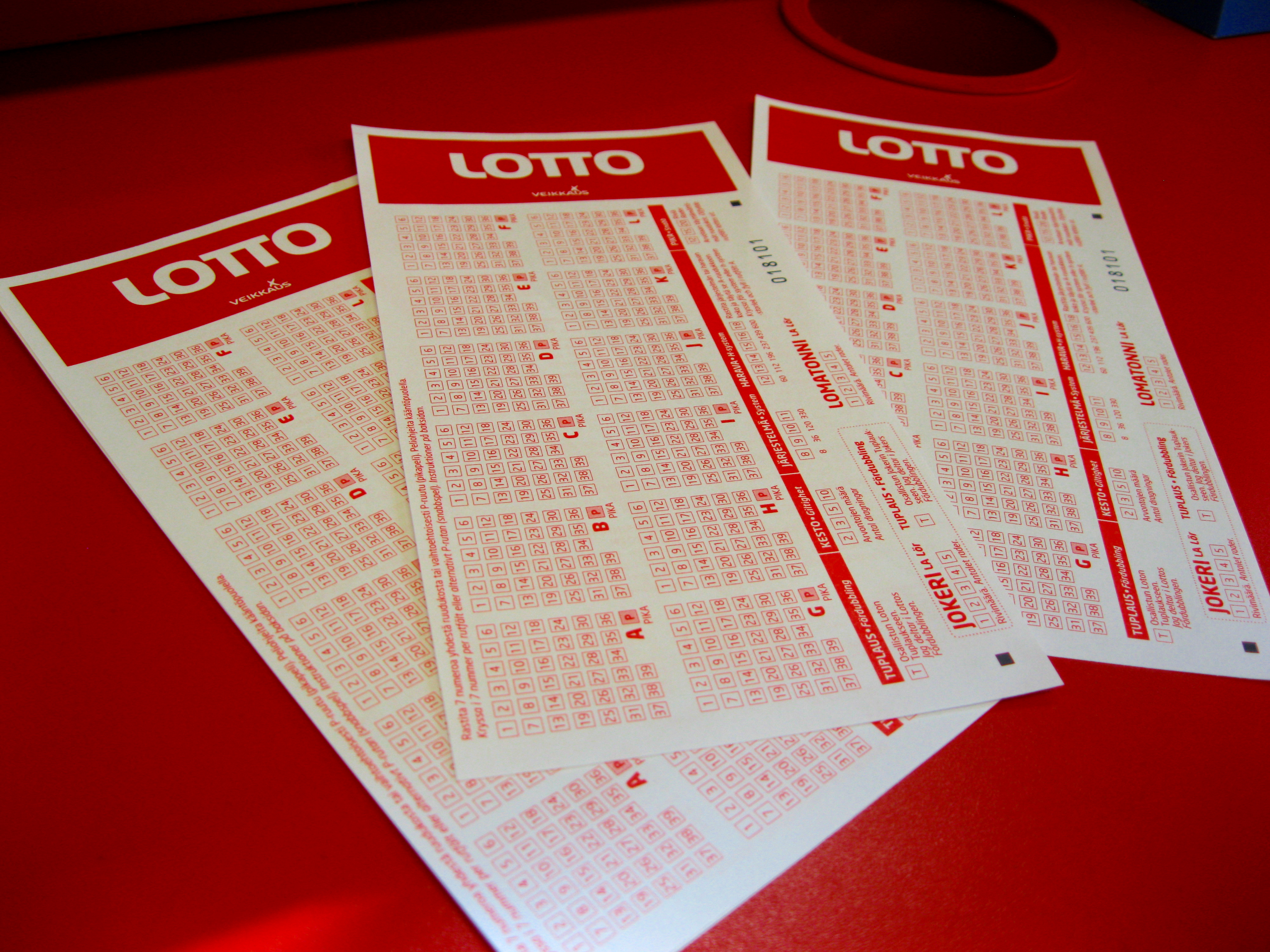There have been times when I wanted to write something but didn’t know what. These are the days when I reach a point where I have nothing useful to add to my still-unfinished novel.
 I am not the only person who experiences these moments of low creative energy. When this happens, I set the longer work aside and go rogue—I write poetry and drabbles and short stories.
I am not the only person who experiences these moments of low creative energy. When this happens, I set the longer work aside and go rogue—I write poetry and drabbles and short stories.
And yes, cardinal sinner that I am—some of my poetry rhymes. I can’t help that I was raised on Lord Byron and W.B. Yeats.
There are times when I want to write but have no solid idea what the story could be. Maybe it’s this, or perhaps it’s that. Those are the days when I turn out short stories. For me, writing short stories is like shopping for clothes. I need to try them on to see what fits before I buy them.
 Maybe you are writing, but so far, you have written nothing novel or even novella-length. Perhaps you have been writing a little of this and a bit of that, and now you have a pile of disparate, exceptionally short fiction, and you don’t know what to do with it.
Maybe you are writing, but so far, you have written nothing novel or even novella-length. Perhaps you have been writing a little of this and a bit of that, and now you have a pile of disparate, exceptionally short fiction, and you don’t know what to do with it.
Two well-known and respected contests that I regularly submit work to are:
- The 100-word Microfiction Challenge — nycmidnight – opens April 19, 2024.
- The Lascaux Prize in Flash Fiction – 1,000 words or less, currently open, closes June 30, 2024.
A drabble is a microfiction. It is exactly 100 words long.
Extremely short fiction must showcase the same essential components as a longer story:
- A setting
- One or more characters
- A conflict
- A resolution.
We have a lot of information to convey and only 100 words to do it. To that end, we must show our story to the reader the way an impressionist paints a picture.
- We choose nouns and verbs with the most visual impact.
 Microfiction is the distilled soul of a novel. It has everything the reader needs to know about a singular moment in time. It tells that story and makes the reader wonder what happened next. Each short piece we write increases our ability to tell a story with minimal exposition.
Microfiction is the distilled soul of a novel. It has everything the reader needs to know about a singular moment in time. It tells that story and makes the reader wonder what happened next. Each short piece we write increases our ability to tell a story with minimal exposition.
For a longer post on how I write microfiction, see my post of January 31, 2024: Discipline and Micro Fiction #amwriting | Life in the Realm of Fantasy (conniejjasperson.com)
Here are two reliable platforms that list a wide variety of publications and contests with open calls:
Some magazines have open calls for short (well under 4,000 words is best) stories:
There are also opportunities for the visual arts as well as written work:
Submitting to contests is a different process than submitting to magazines and anthologies.
 When submitting to a publication, you send your work directly to the publisher. In return, you can expect to receive a communication from the senior editor, either a rejection or an acceptance.
When submitting to a publication, you send your work directly to the publisher. In return, you can expect to receive a communication from the senior editor, either a rejection or an acceptance.
Most rejections arrive in the form of impersonal emails or (rarely nowadays) letters: “We are not interested in this work at this time. Thank you, and keep writing.”
Contests are large, amorphous entities with a group of writers who have agreed to be readers. They judge submissions based on technical skills as well as creativity. Many contests must charge a fee for submissions.
I’ve said this before, but it bears mentioning again. You have wasted time and money if you don’t follow the prospective contest or publisher’s submission guidelines, which are clearly listed on the contest page or on their website.
We demonstrate our level of professionalism by strictly following submission guidelines. Editors at magazines and publishing houses receive hundreds of unsolicited works each week and have no time to deal with unedited, improperly formatted manuscripts.
Editors (or, in the big houses, their interns) look at the first page and immediately know what they are looking at. They reject the poorly written, unprofessional messes without further consideration.
 To wind this up—take another look at that backlog of short work. Edit it, read it aloud, and edit it again. Then, consider submitting that work to a contest or magazine. It’s good experience for indie writers, but more than that, you might hit the jackpot!
To wind this up—take another look at that backlog of short work. Edit it, read it aloud, and edit it again. Then, consider submitting that work to a contest or magazine. It’s good experience for indie writers, but more than that, you might hit the jackpot!
To paraphrase an old joke, “to win the lottery, you must first buy a ticket.” This is especially true if you want to be published.
Credits and Attributions:
IBM Selectric, By Oliver Kurmis (Self-photographed) [CC BY 2.5 (http://creativecommons.org/licenses/by/2.5)%5D, via Wikimedia Commons, accessed Apr. 6, 2024.
Finnish Lottery Tickets, Wikimedia Commons contributors, “File:Veikkaus Lotto.jpg,” Wikimedia Commons, https://commons.wikimedia.org/w/index.php?title=File:Veikkaus_Lotto.jpg&oldid=632154033 (accessed April 6, 2024).







